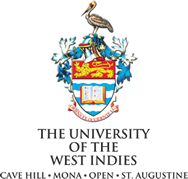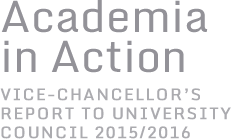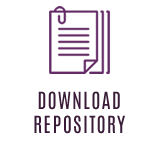Traditionally, the Principal's review examines the past year and highlights major successes. Since I am all about change in the way we do things, I choose instead to share with you some insights into the future that we envision, and that we intend to deliver, for the St. Augustine Campus.
None of this vision is achievable without the total engagement of all participants, on and off the Campus.
Back in 1968, Barbados Prime Minister, Sir Errol Barrow reminded us that no university can survive unless it keeps service to the communities that support and sustain it front and centre as a constant mantra.
That is why the people of the Caribbean look to us to fulfil that mandate in an environment characterized
by regional economic volatility and uncertainty. As oil and gas reserves diminish, as climate change creeps inexorably onwards, and tourism proves its fickleness, we are mindful of those words of wisdom.
Our multicultural developing countries are constantly struggling to juggle competing economic needs so as to deliver engaging and relevant learning experiences for
all learners. The scope of the challenge is daunting. Yet, if we don’t overcome this challenge, our nations will never reach developed status and will remain mired in a cycle of ‘developing’ or ‘emerging’ nations, with our best minds seeking fortunes abroad.
We recognize that the University must deliver nationals who are ready to revitalize the Caribbean and securely place it on a path to sustainable development. It
must advance learning, create knowledge, and foster innovation for the positive transformation of the Caribbean. It must do so with integrity and excellence while remaining people-centred in the way that Caribbean people know and trust.
How will the St. Augustine Campus do so? The Campus has considered five thematic areas which are inexorably linked to the strategic goals of access, alignment, and agility. These are:
- UWI’s Brand and Core Values: further articulating UWI's brand and identity as part of a strategy
to shape our future to better serve our various stakeholders.
- Making UWI Relevant in the Environment: using our resources to push boundaries in research; and use that research to push products and processes to be a major engine for fuelling economic, social, and ecological growth.
- Focus on UWI Students: looking beyond the traditional qualification criteria to identify a "richer" intake of students.
- Focus on UWI Graduates: providing them with the requisite skills to contribute to societal development and growth.
- Cultural Revitalization: engaging and retaining staff, enhancing the student experience, and ensuring the necessary management systems and processes are in place to support this culture.
In pursuit of these strategic goals, we will initially focus on
three areas in this first year of strategic plan implementation: curriculum and pedagogical reforms, the positioning of a Centre for Entrepreneurship and Innovation, and system and process overhaul.






